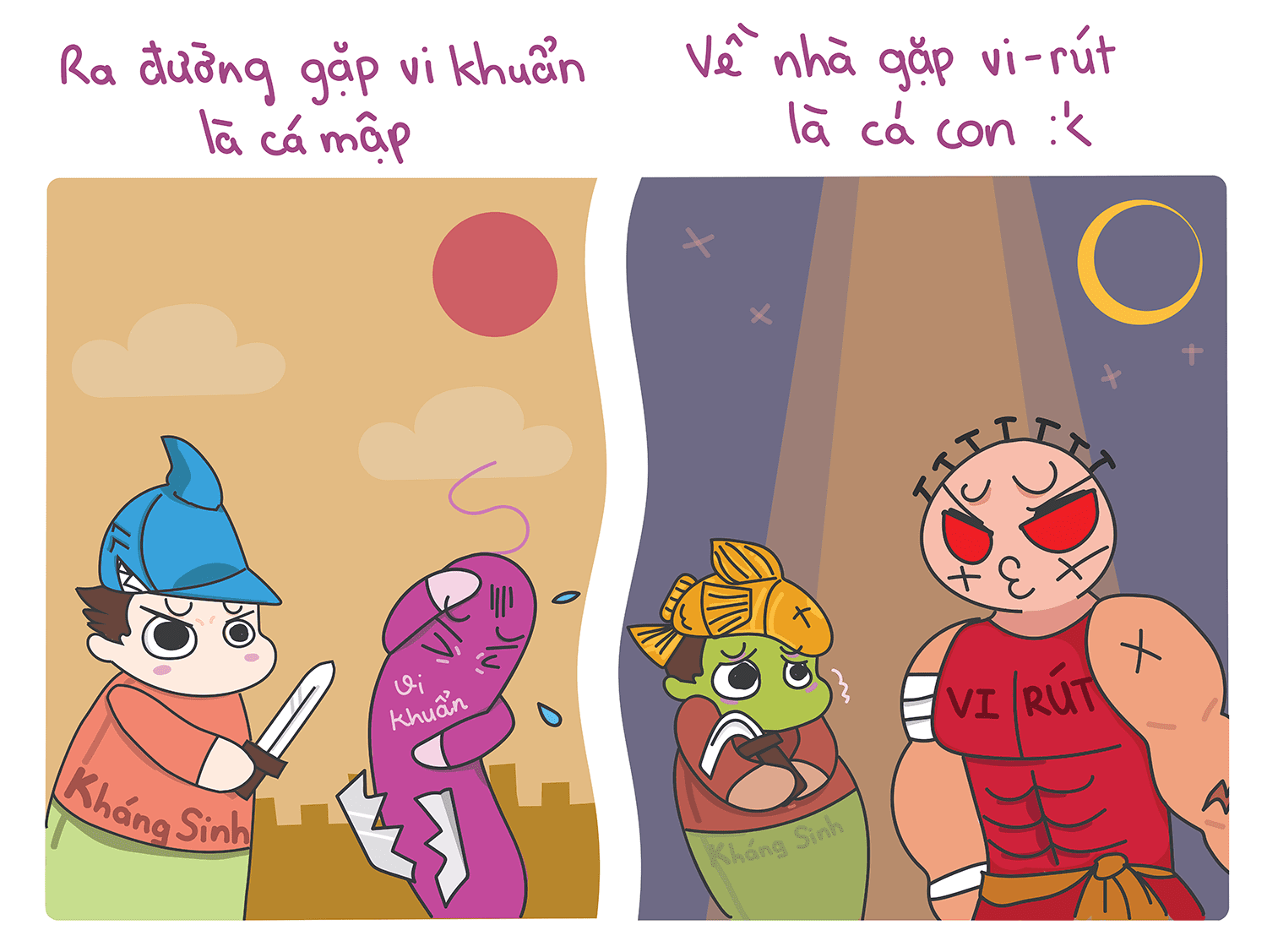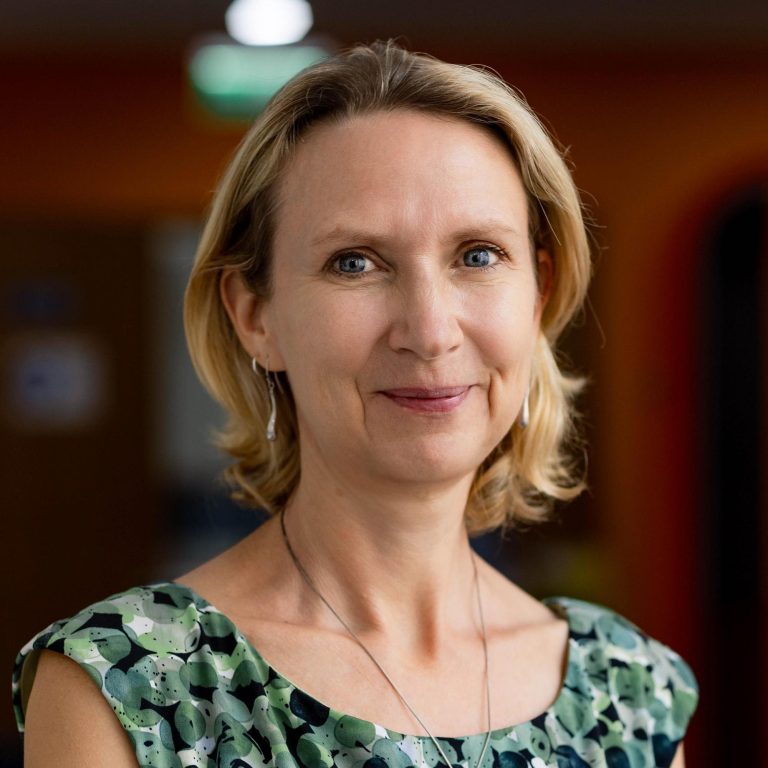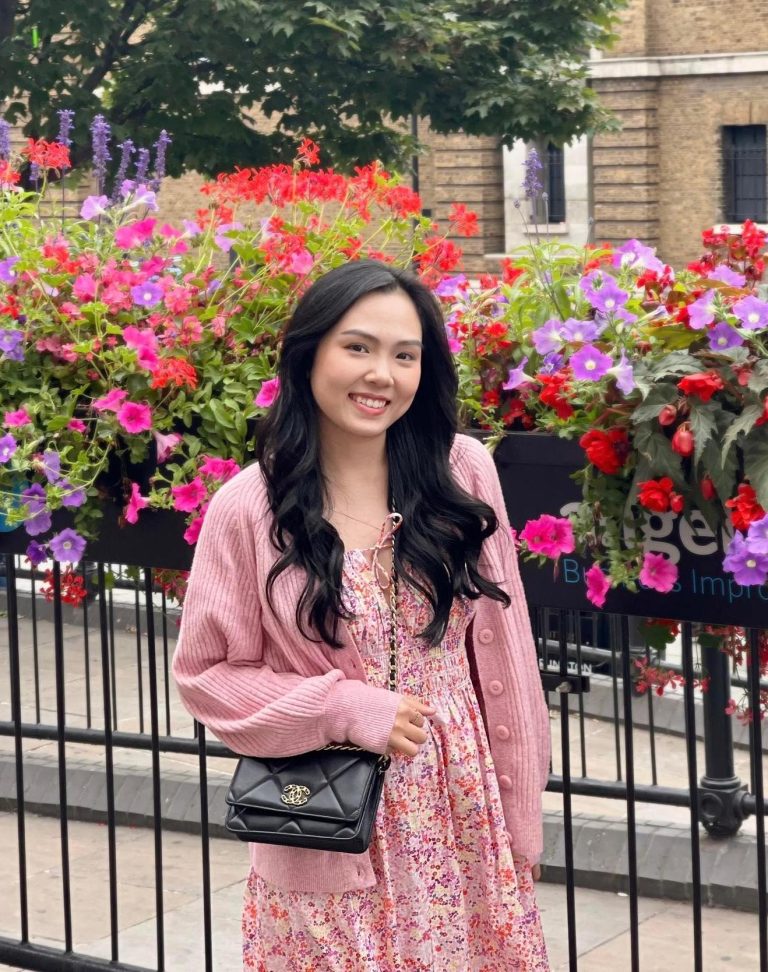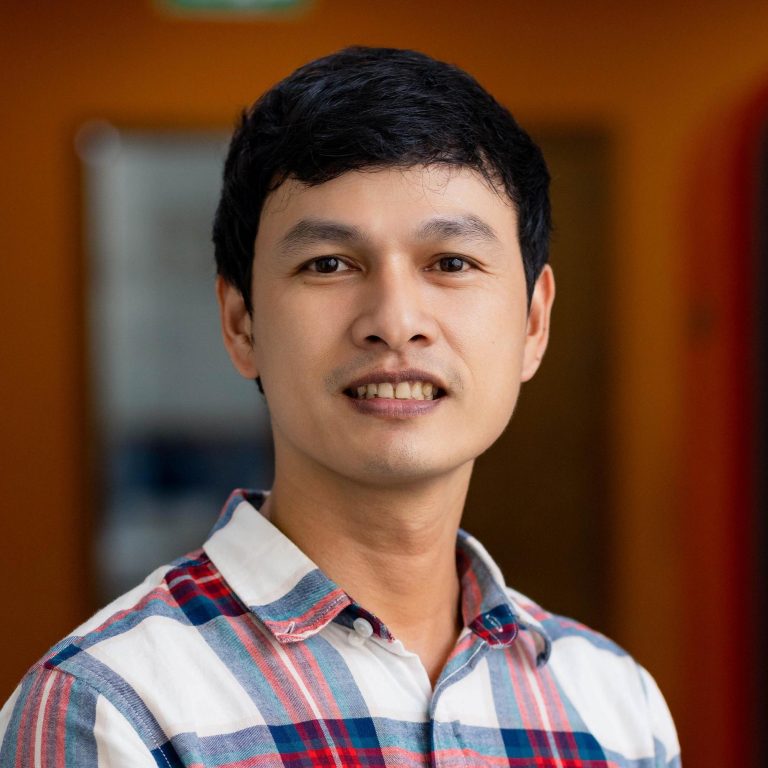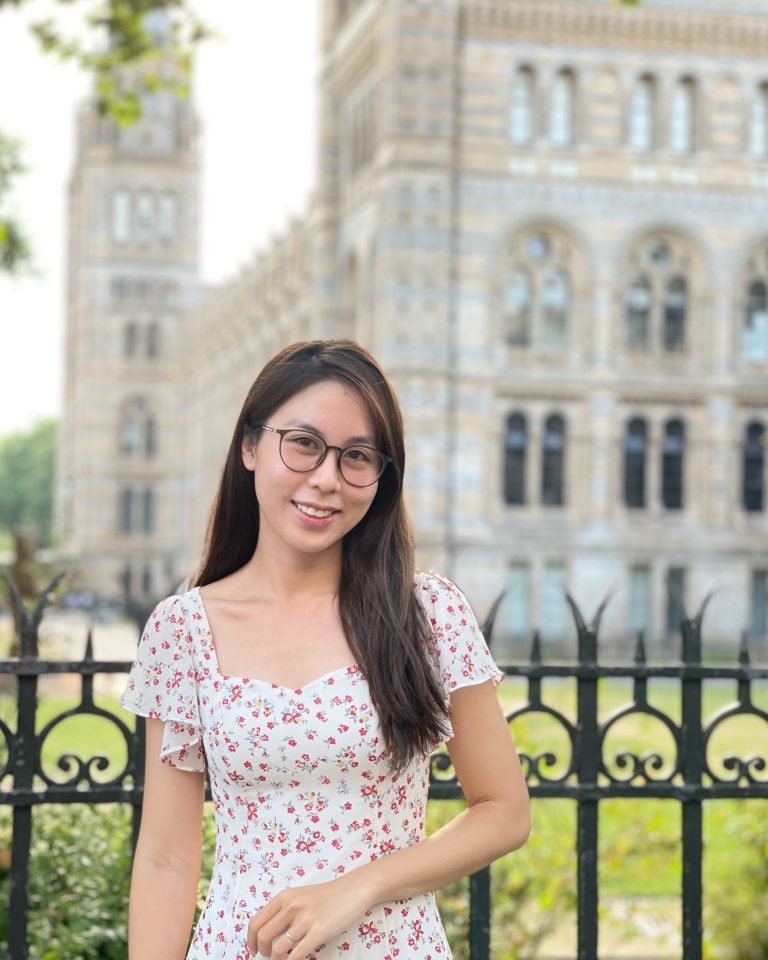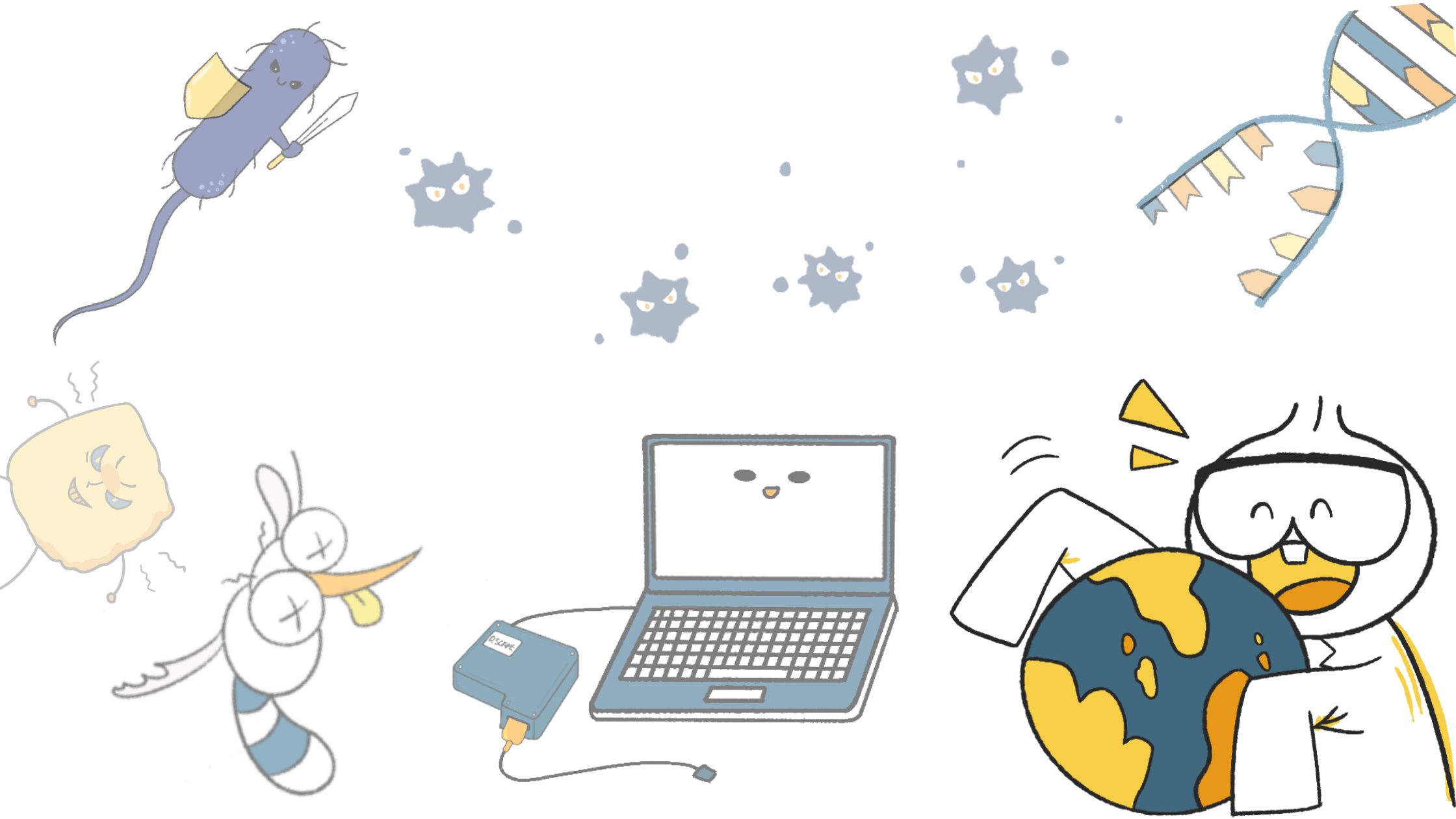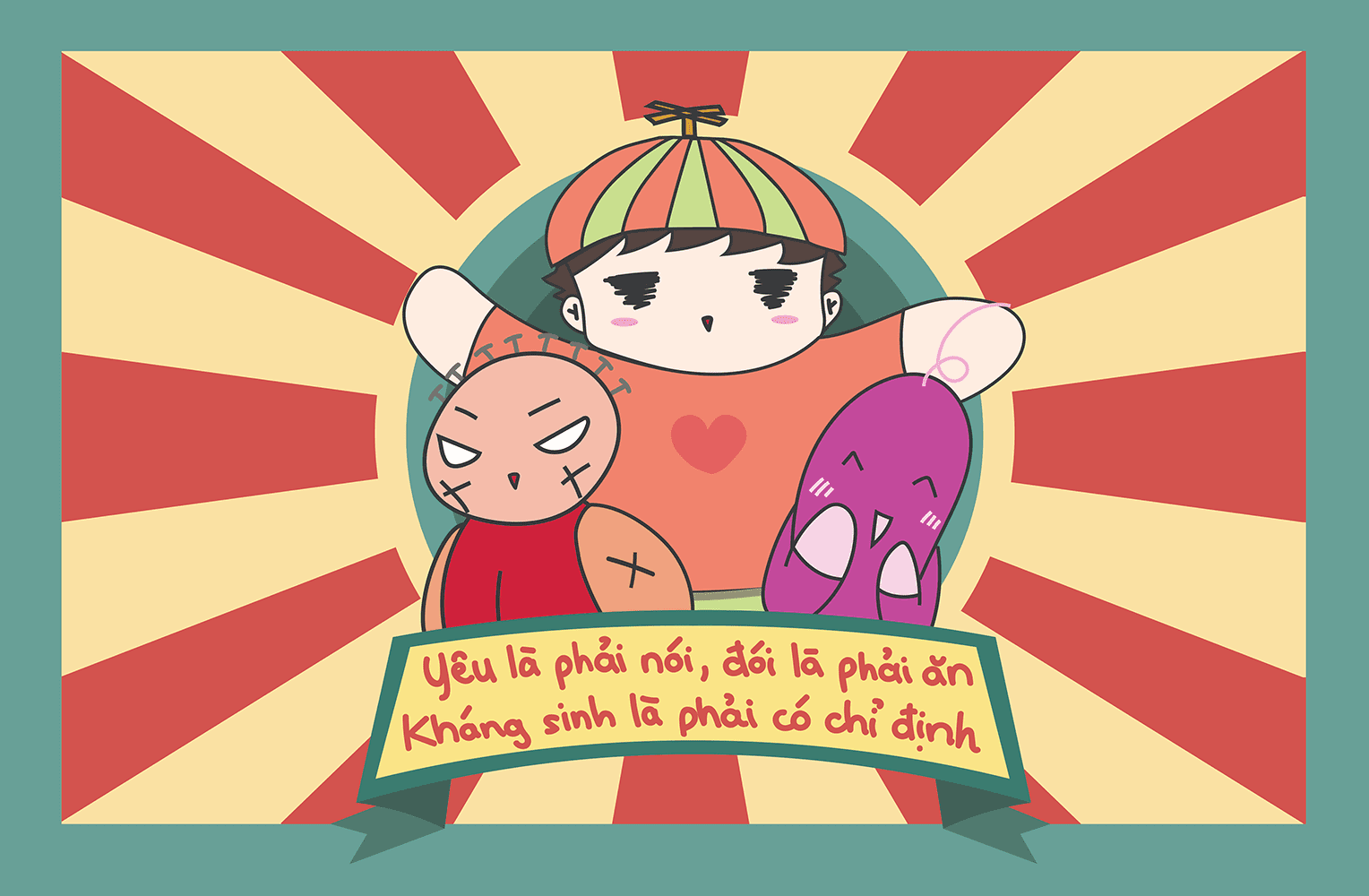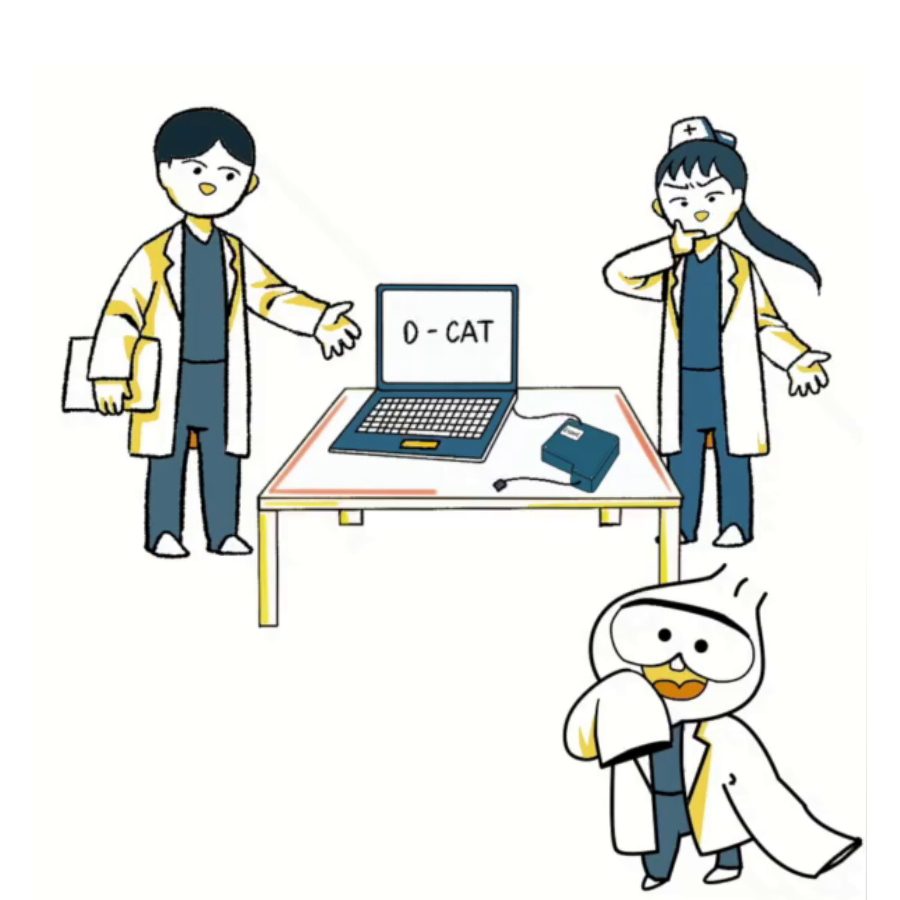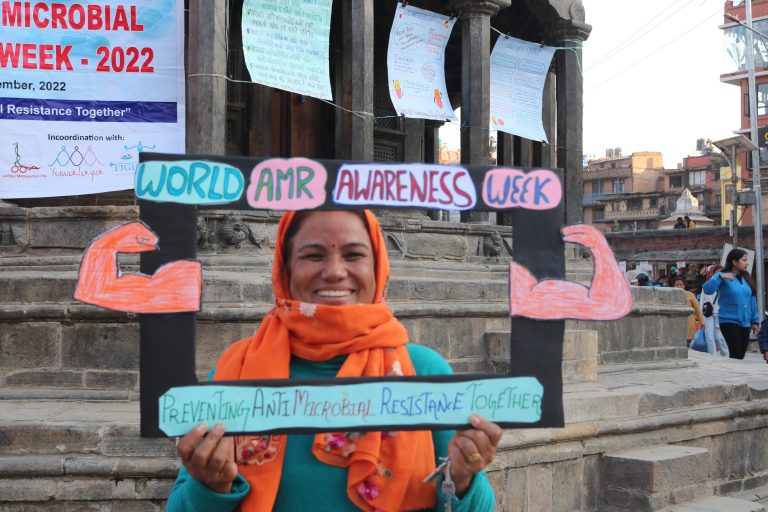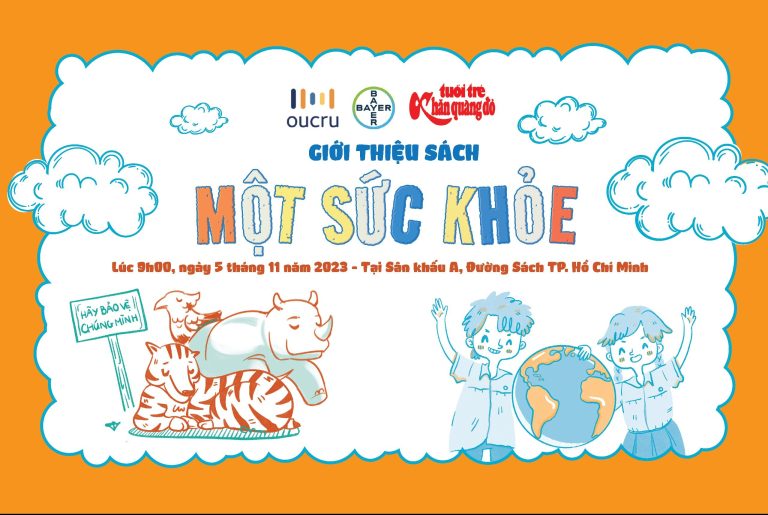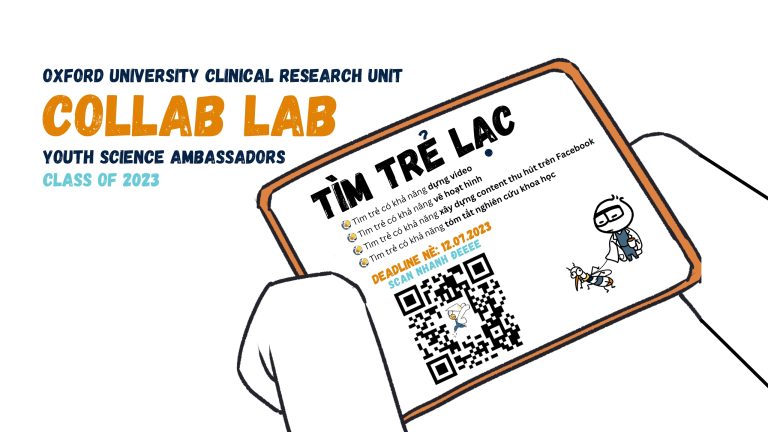Antimicrobial resistance (AMR) is a global health crisis that jeopardizes our ability to effectively treat infections caused by bacteria, viruses, and parasites. To address this urgent issue, OUCRU has been implementing projects involving the youth and empowering young individuals to take action and make a difference.
YAAR! and a learning framework for all ages
The YAAR! (Youth Against Antimicrobial Resistance) project was launched in 2020, in collaboration with KEMRI and MORU. This project serves as a great example of how young people can become engaged and empowered when they are equipped with knowledge, capacity, and automation.
One of YAAR!’s significant achievements was the successful development of a progressive learning framework. This framework can be used as an educational resource, aiming to enhance young people’s understanding of:
- The science behind AMR
- The health risks posed by AMR at individual, community, and global levels
- The positive actions that can be taken to mitigate AMR
The framework identifies key learning outcomes suitable for different age groups and can be used to structure curricula and learning activities in various settings and learning environments.
The Public and Community Engagement team at OUCRU has been collaborating with educators to create a structured AMR curriculum based on this framework. The team also plans to pilot the curriculum in schools with diverse backgrounds, levels, and contexts, allowing for feedback and improvements. The goal is to create a case study that demonstrates the benefits of introducing an AMR curriculum and learning framework at a young age in educational settings.
As we celebrate AMR Week, we invite you to explore additional materials developed by the Youth Against Antimicrobial Resistance project team and Youth Working Groups in the Global South and learn more about their inspiring initiatives; at our Study Profile, AMR hub on The Global Health Network.
Making Science Make Sense, led by and for young people
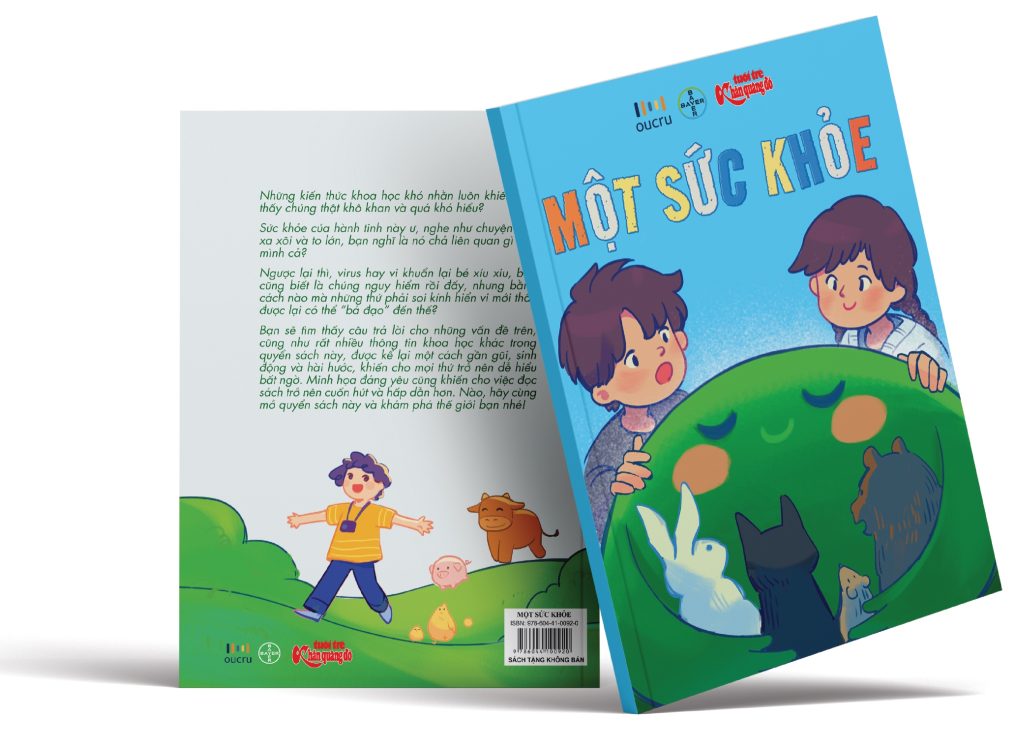
Partnered with Bayer Vietnam and Khan Quang Do magazine, Making Science Make Sense is an initiative that aims to fill the gap of excitement and love for science beyond school books. Created by young people, Making Science Make Sense uses various forms of interactive multimedia, such as explanatory videos, infographics, comics, memes, podcasts, and especially a science book One Health.
One Health, which collects 20 scientific writings from credible scientists at OUCRU and our partner institutions, is designed to explain complex scientific questions related to everyday objects like our bodies, environment, and health, including mental health. The name “One Health” is derived from WHO’s approach, emphasising the coordination between humans, animals, and the environment for comprehensive health on Earth, as well as the mission of preservation of antibiotics for future generations.
Read more about Making Science Make Sense here.
Download One Health here.
Collab Lab
Led by OUCRU’s Public and Community Engagement team, Collab Lab aims to produce animated explainer cartoon videos based on published academic reports, covering important global health issues.
As antimicrobial resistance (AMR) is now included as an integral part of OUCRU’s research, Youth Science Ambassadors, who are the main creators behind Collab Lab’s funny videos, learn about AMR through each report they work with. They also help disseminate knowledge about AMR and its effects on common diseases, emphasise the increasing threats of AMR in daily life, using the language, formats, styles, and platforms preferred by younger generations.
Check out the Collab Lab playlist here.
Read more about the Collab Lab project here.



